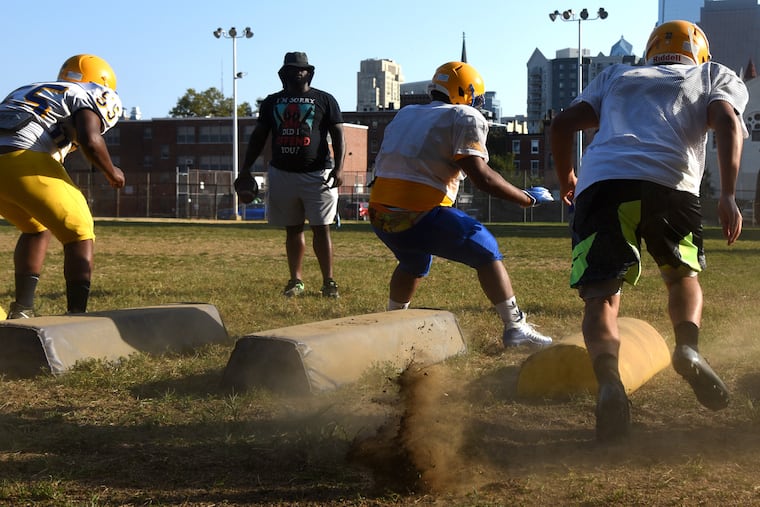What are kids really learning from their extracurricular activities? Practice and character
Kids are benefiting from more than winning when it comes to playing sports or other activities in school.

Why do parents encourage their children to play baseball, soccer, or any other sport? Why, for years, did my husband drive our younger daughter to viola lessons?
We know that most kids won’t grow up to go pro or make their living playing in an orchestra. Bill Fitzsimmons, dean of admissions at Harvard, tells me that most of the very serious athletes and musicians whom he admits each year develop new passions once they come to campus.
So why, as a scientist, do I believe these endeavors matter? It’s not easy to do random-assignment studies of sports, music, or any other extracurricular activity. Ethically, you can’t force kids into a pursuit, or prevent them from doing what they love, in the name of science.
But there is correlational evidence suggesting that extracurricular activities are the fertile soil in which passion and perseverance take root. Consider, for example, the economist Arthur Brooks, who had played French horn professionally when he was young. One of the most charismatic speakers I’ve ever seen, Arthur was once asked whether he’d learned anything as a serious musician that applied to his current work:
No. 1 is endless repetitions. It’s reps. It’s getting your reps. Again and again and again. Playing the same passage over and over and over again. Because, until you actually get the reps, you won’t have the ballistic movements into your brain. Which is to say, you won’t be able to bypass your prefrontal cortex in playing music. You need to do everything automatically. It’s just happening too fast. You won’t get technical perfection, otherwise. But that takes reps.
The second is slowing everything down. If you — when you are playing a classical instrument, and you are learning a piece of music, to make it such that it will sound great, flawlessly, over and over again, you need to play everything incredibly slowly — it’s the rule in classical music that you shouldn’t be able to recognize the music. If you can recognize the piece, you are playing it too quickly.
And the last is an appreciation of failure. You are just going to fail a lot. You are going to fail a lot before you can succeed, because the level of technical perfection is so demanding that there is just a lot of failure involved. Those are really the three things that have guided my ability to … be the president of the American Enterprise Institute.
In part, we send our children to coaches and teachers to learn character. We want them to discover the magic of repetition, of slowing things down to focus on an area of improvement, and failing, failing, failing in order to succeed.
Don’t tell your kids that the point of competing is winning. The victor doesn’t always walk off the field with the championship trophy.
Do help your kids see the broader significance of practice. A wrestling coach once told me, “I don’t coach wrestling, I coach life.”
The founder of a dance program in New Mexico says: “We don’t just teach dance. We teach excellence.”
And one of the best math teachers I’ve ever seen tells his students, “Why are you learning math? Because math is hard. And in my classroom, you learn how to do hard things.”
Angela Duckworth is cofounder and CEO of Character Lab and a psychology professor at the University of Pennsylvania. You can sign up to receive her Thought of the Week — actionable advice about the science of character — at characterlab.org.